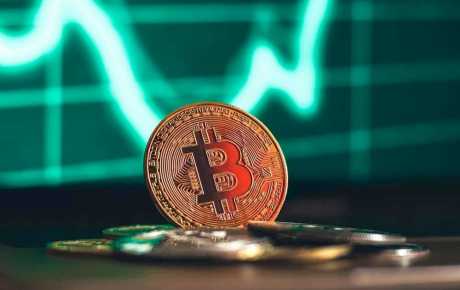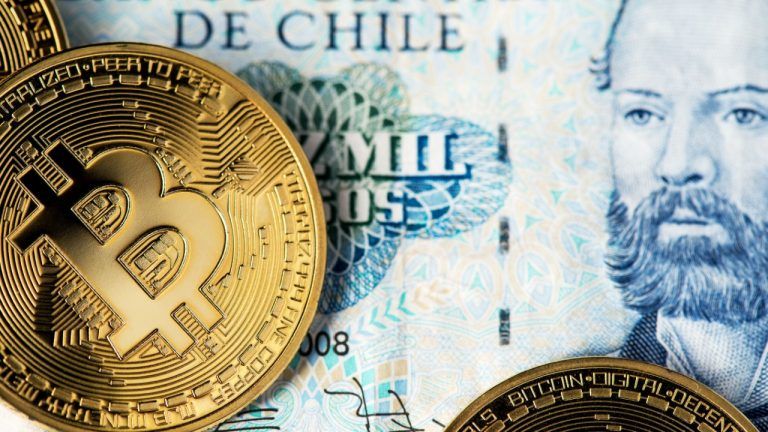By issuing double the number of crypto licenses in 2024 compared to the previous year, the city-state has outpaced regional competitors like Hong Kong, reinforcing its reputation as a safe and forward-thinking hub for digital assets.
Doubling Down on LicensesIn 2024, the Monetary Authority of Singapore (MAS) granted 13 Major Payment Institution (MPI) licenses to cryptocurrency exchanges, a significant increase from the four licenses issued in 2023 to firms such as Coinbase, Crypto.com, Ripple, and Blockchain.com. This year’s recipients included major exchanges like OKX and Upbit, alongside global firms such as Anchorage, BitGo, and GSR.
William Croisettier, Chief Growth Officer of ZKcandy, commended Singapore’s approach, stating, “The country adopts a risk-adjusted approach to crypto regulation, focusing on the biggest digital currencies to protect investors. Singapore also makes it easy for new crypto firms to interact with local banking partners, a provision considered a luxury in other parts of the world.”
Global Blockchain LeadershipSingapore’s proactive measures have bolstered its blockchain ecosystem. According to a study by ApeX Protocol, the country leads Asia with 1,600 blockchain patents, 2,433 industry-related jobs, and 81 cryptocurrency exchanges. This robust ecosystem outshines Hong Kong, which recorded 890 patents, 1,163 jobs, and 52 exchanges.
Source: X
“Singapore’s clear regulations and support for innovation attract top companies and talent, fostering a thriving ecosystem,” said Mouloukou Sanoh, co-founder and CEO of MANSA. “This proactive approach signals a strong commitment to digital finance.”
Contrast with Hong KongWhile Hong Kong has made strides with initiatives such as the launch of Bitcoin and Ether ETFs and a licensing framework, progress has been slower. As of December 2024, Hong Kong had fully licensed only seven crypto exchanges, with an additional seven holding provisional permits. Major platforms like OKX and Bybit have withdrawn their applications due to the city’s restrictive policies, which limit trading to high-liquidity assets like Bitcoin and Ethereum.
Source: Independent Reserve
“Hong Kong’s regulatory regime for exchanges is more restrictive in areas such as custody of customer assets and token listing policies, which may have tipped the balance in Singapore’s favor,” said Angela Ang, a senior policy adviser at TRM Labs.
The close relationship of Hong Kong with mainland China, which had banned cryptocurrency trading, also impels Hong Kong’s regulatory development in specific directions. On the contrary, Singapore, in being independent and supportive, shows the attraction of established financial institutions and new entrants alike to its ecosystem.
Innovative InitiativesSingapore’s regulatory foresight extends beyond licensing. Projects such as Project Guardian and Global Layer 1, backed by the MAS, aim to commercialize asset tokenization. These initiatives encourage collaboration between new entrants and established institutions, fostering a vibrant and innovative ecosystem.
Ben Charoenwong, Associate Professor of Finance at INSEAD, highlighted this collaborative approach, stating, “Singapore’s framework encourages interaction between new entrants and established institutions, creating more opportunities for innovation.”
A Regional PowerhouseBy adopting a risk-adjusted regulatory framework and providing a supportive environment for crypto businesses, Singapore has cemented itself as a leading cryptocurrency hub in Asia. Its proactive licensing efforts, strong ecosystem, and focus on innovation make it a preferred destination for blockchain companies and investors.
With 2025 price predictions for XRP and Dogecoin looking very bullish this year, Singapore continues to build on its momentum. It sets a benchmark for other regions seeking to harness the potential of digital finance and blockchain technology.


















